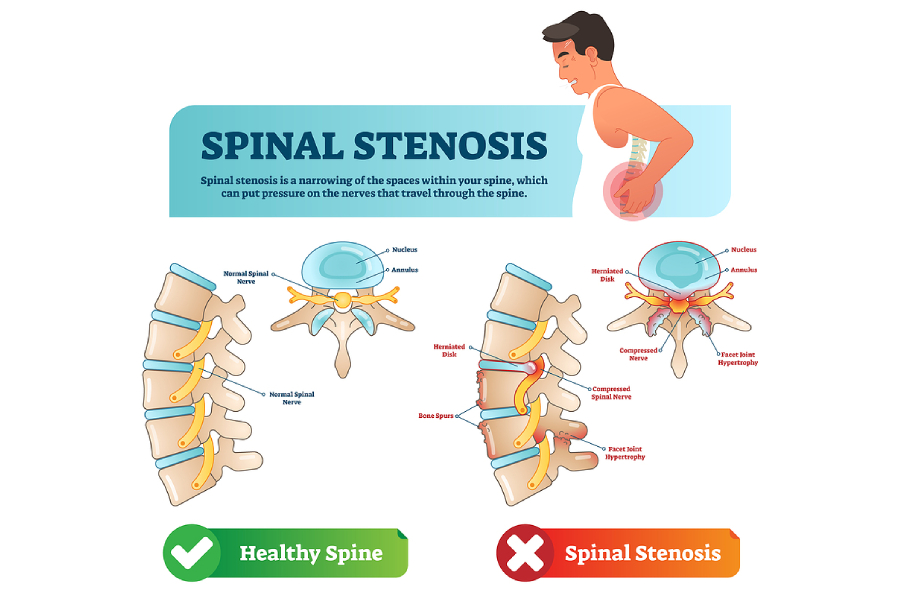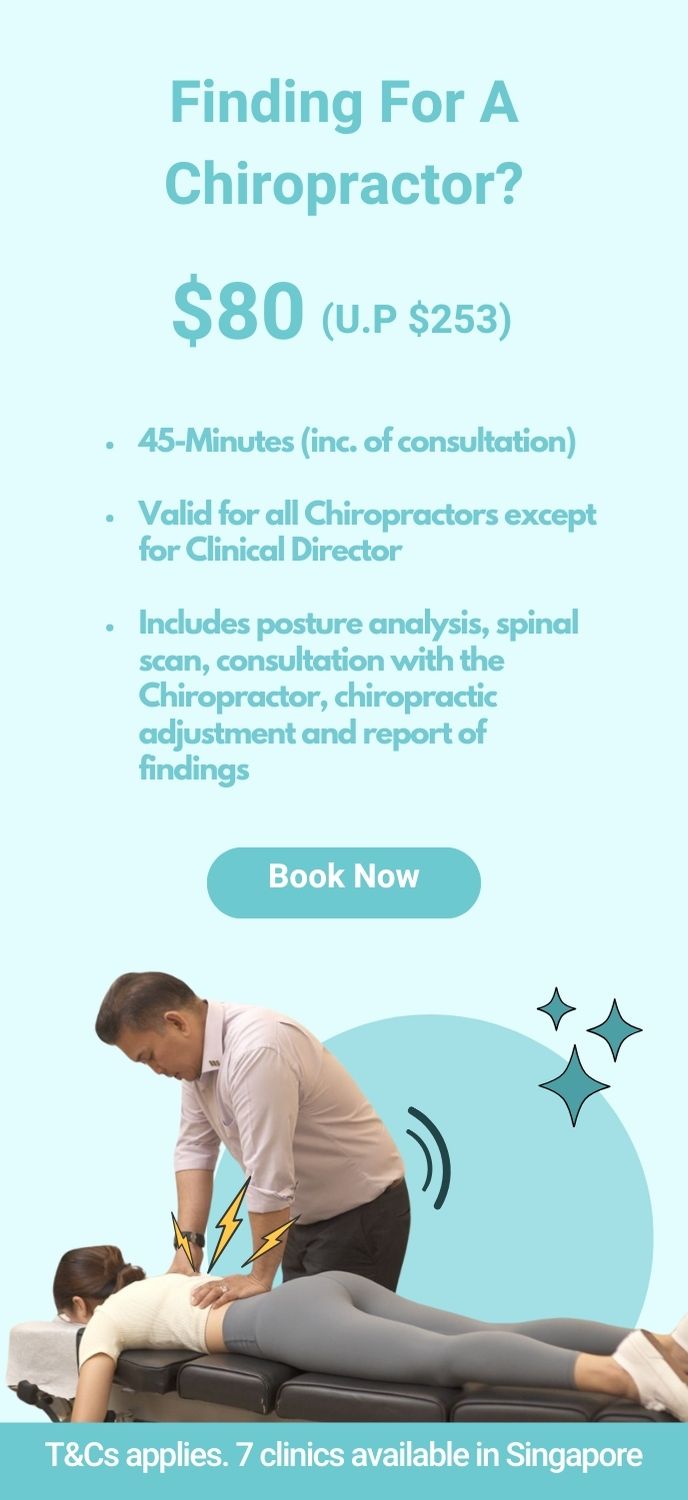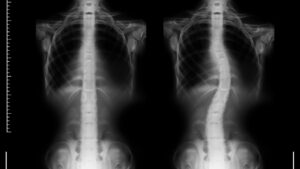Whether it was caused by a car accident resulting in whiplash-related side effects or a degenerative condition, the numbing, tingling, and painful sensation caused by spinal stenosis can be a severe condition that can result in debilitating effects on your life.
While it is normal for a doctor to recommend physical therapy and administer pain relievers or even surgery to treat this condition, can it be managed by a chiropractor? In this article, we will explore everything you need to know about it.
What is spinal stenosis?
Spinal stenosis occurs when the space within the backbone is too small, resulting in pressure developing on the spinal cord and the nerves within it. The condition mostly happens within the neck and lower back.
Symptoms of spinal stenosis
Some Individuals with spinal stenosis might not develop any symptoms. However, when they do, the symptoms generally develop gradually and worsen over time. Depending on where the spine is affected, the associated symptoms may vary.
If spinal stenosis happens at the neck region, also known as cervical stenosis, the individual may experience symptoms such as neck pain, numbness, or tingling sensation as well as weakness or clumsiness in the arm, hand, leg or foot and balance problems.
If spinal stenosis happens in the lower back region, it known as lumbar stenosis, the individual may experience lower back pain, pain that travels down from the buttocks to the leg or foot, cramping in one or both legs, numbness or tingling sensation in buttocks, leg or foot. They might also feel the pain that worsens especially standing for long periods of time, walking, or walking downhill and pain that lessens when leaning forward, walking uphill, or sitting.
Causes of spinal stenosis
Our spine is made up of bones stacked in a column from our skull to our tailbone. It protects our spinal cord that runs through an opening known as the spinal canal.
Some individuals are born with a relatively small spinal canal. But most spinal stenosis develops due to the reduction of space within the spine in their later years.
Spinal stenosis often develops among adults over 50 years old and the causes of spinal stenosis include:
- Spinal injuries: External traumas, such as car accidents, can result in spinal bones being dislocated or breaking out of place, which might require surgery. The swelling of surrounding tissues after the surgical procedure can result in pressure placed on the spinal cord and the surrounding nerves.
- Herniated discs: Discs are soft cushions between each spinal bone, acting as shock absorbers. If the disc’s inner fluid leaks out, it can cause the bones to press on one another, affecting the surrounding nerves.
- Bone spurs: Arthritis-related wear-and-tear damage can result in the development of an extra bone on the spine, also known as bone spurs, which push into the spinal canal. Additionally, Paget’s disease can also cause similar developments.
- Thick ligaments: Ligaments are the strong cords that help to hold the spinal bones together, and they can become thick and stiff as you age, resulting in the ligaments being pushed into the spinal canal.
How does chiropractic care help with spinal stenosis?
Chiropractic care is significantly beneficial for those suffering from spinal stenosis, especially in the initial stage. If the narrowing of the spinal canal is caused by a misalignment in the vertebrae or a herniated disc, chiropractic manipulations will help target the source, alleviating the pressure on the nerves.
Another chiropractic technique that helps to relieve the pressure is flexion-distraction. Because chiropractic treatment has minimal to no effect, it is the preferred method if you are looking for a holistic and natural approach to addressing discomfort and pain.
With that being said, if your spinal stenosis is at a severe stage or is caused by an accident, surgery is still crucial. And you can then conduct chiropractic care during your rehabilitation period.
Conclusion
Though spinal stenosis can result in debilitating effects, you can still live a normal life with the right treatment method. Seeking chiropractic care as soon as possible is certainly the way to go if you are looking for a non-invasive treatment with none of the unpleasant side effects.
With that being said, Healing Hands Chiropractic can help with that. Our experienced team of chiropractors have been helping individuals recover from various pains and discomforts without the need for painkillers or surgery. With convenient offices all over Singapore, you can get knee pain treatment, spinal stenosis treatment, frozen shoulder treatment, and any other kind of condition. Contact us to make an appointment today!



